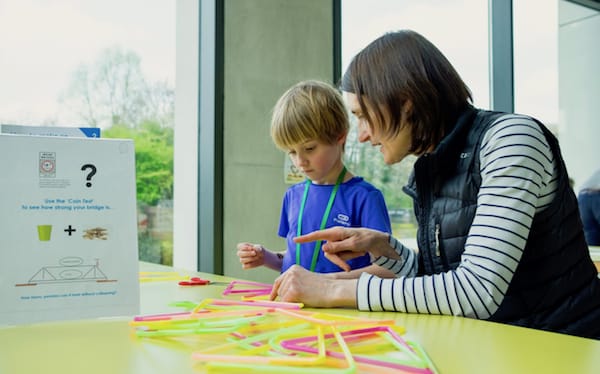
Alison Clark-Wilson, Maths on Toast trustee and Principal Research Fellow, UCL Institute of Education, University College London shares her advice to parents and carers who, because of coronavirus-related school closures, have found themselves teaching maths to their children at home.

Alison Clark-Wilson, Maths on Toast trustee and Principal Research Fellow, UCL Institute of Education, University College London shares her advice to parents and carers who, because of coronavirus-related school closures, have found themselves teaching maths to their children at home.
Covid-19 school closures have pushed most parents and carers into the role of teacher, often to a mixed-age class of possibly reluctant learners.
For many, the daily maths lesson has amplified the worst experiences of helping with maths homework and it won’t be a surprise if the home-school timetable has slipped a little! But why is this? And why is it no-one’s fault? This blog offers 5 things to keep in mind.
1. Recognise that “school maths is not all maths”
Maths emerged over centuries in many different countries and cultures as our predecessors struggled to make sense of and organise themselves in the world we inhabit. It has helped us to enhance the world too. With maths, we explored – and often copied – the ideas of pattern and form found in nature. But somehow, school maths has forgotten this human element. Maths is the only subject in schools that does not need children to know much about the people and stories behind its creation – this can make it feel bland, impersonal and less relevant. Away from school, there is a great opportunity to make these human connections!
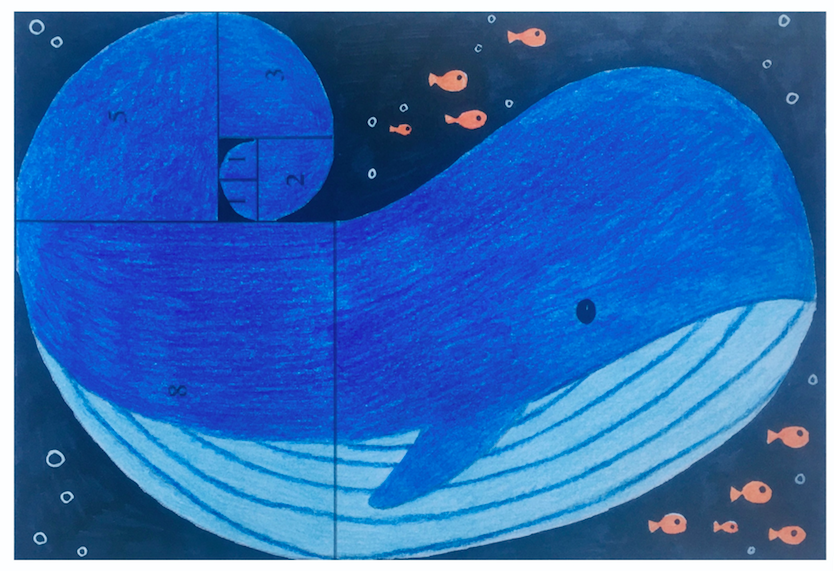
Our Fibonacci-inspired art activity explores the idea of the human element of maths and looks at the mathematical patterns found in nature.
2. The risks of prioritising calculation speed over the bigger picture
Having a timed online multiplication test within the primary maths curriculum will undoubtedly send the message that calculation speed is the most important aspect of learning multiplication facts. However, recalling the answer quickly is less useful if children cannot also see the bigger picture. Knowing that a number can be represented and reached in different ways is at the heart of the idea of ‘equivalence’, which pops up again and again in school maths and beyond.
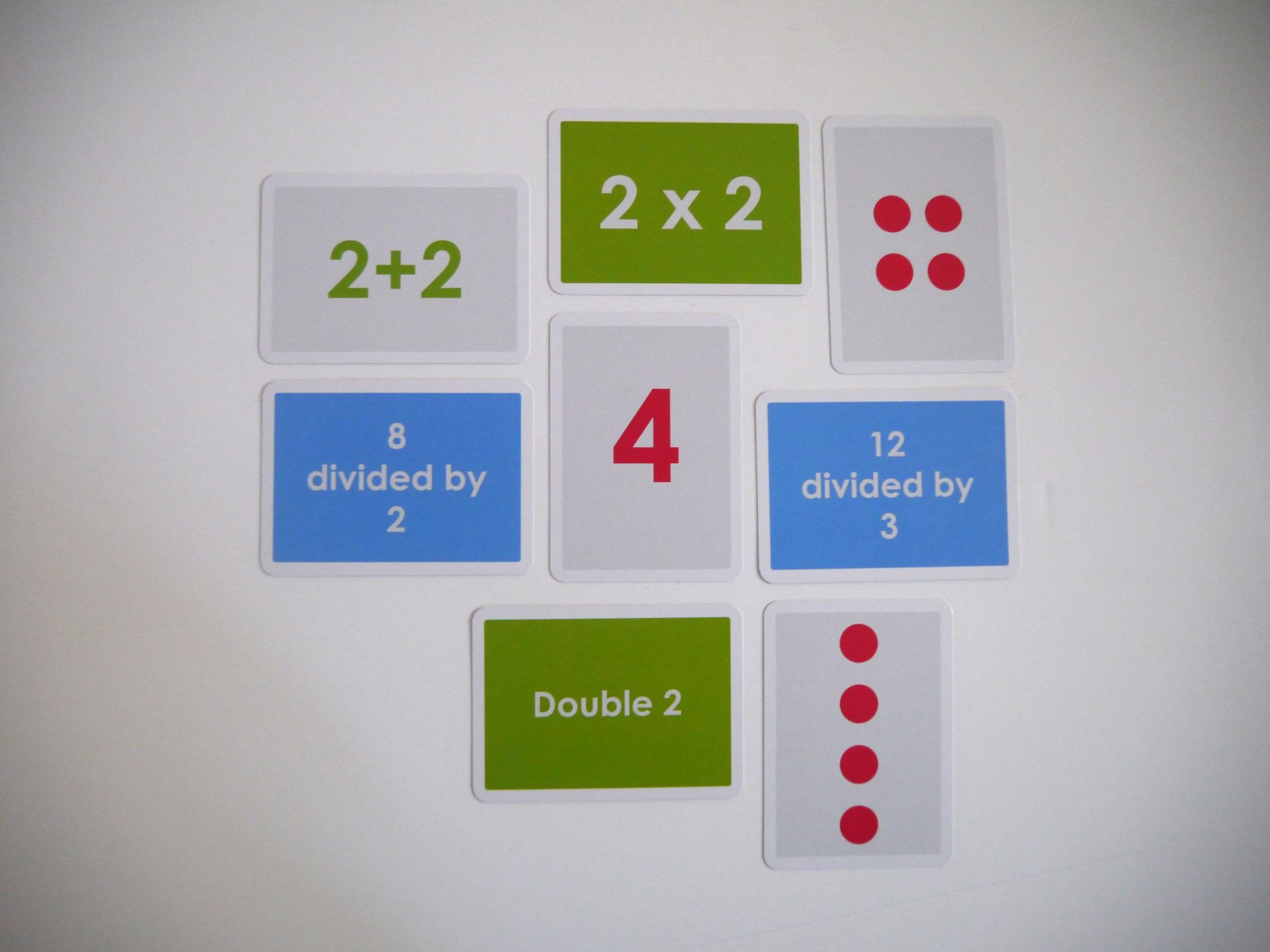
Our family card game Numbler Rumbler offers a set of cards for children where they can invent their own rules for games and play with number facts – while still testing each other against the clock if they want to!
3. Have (more) fun with the maths around you
Maths really is everywhere around us – there is little we can look at that does not have an underlying mathematical story. Ratio, proportion, measures, scale, symmetry, perspective are all ideas that we are naturally programmed to make sense of – but sometimes our mathematical glasses are blurred.
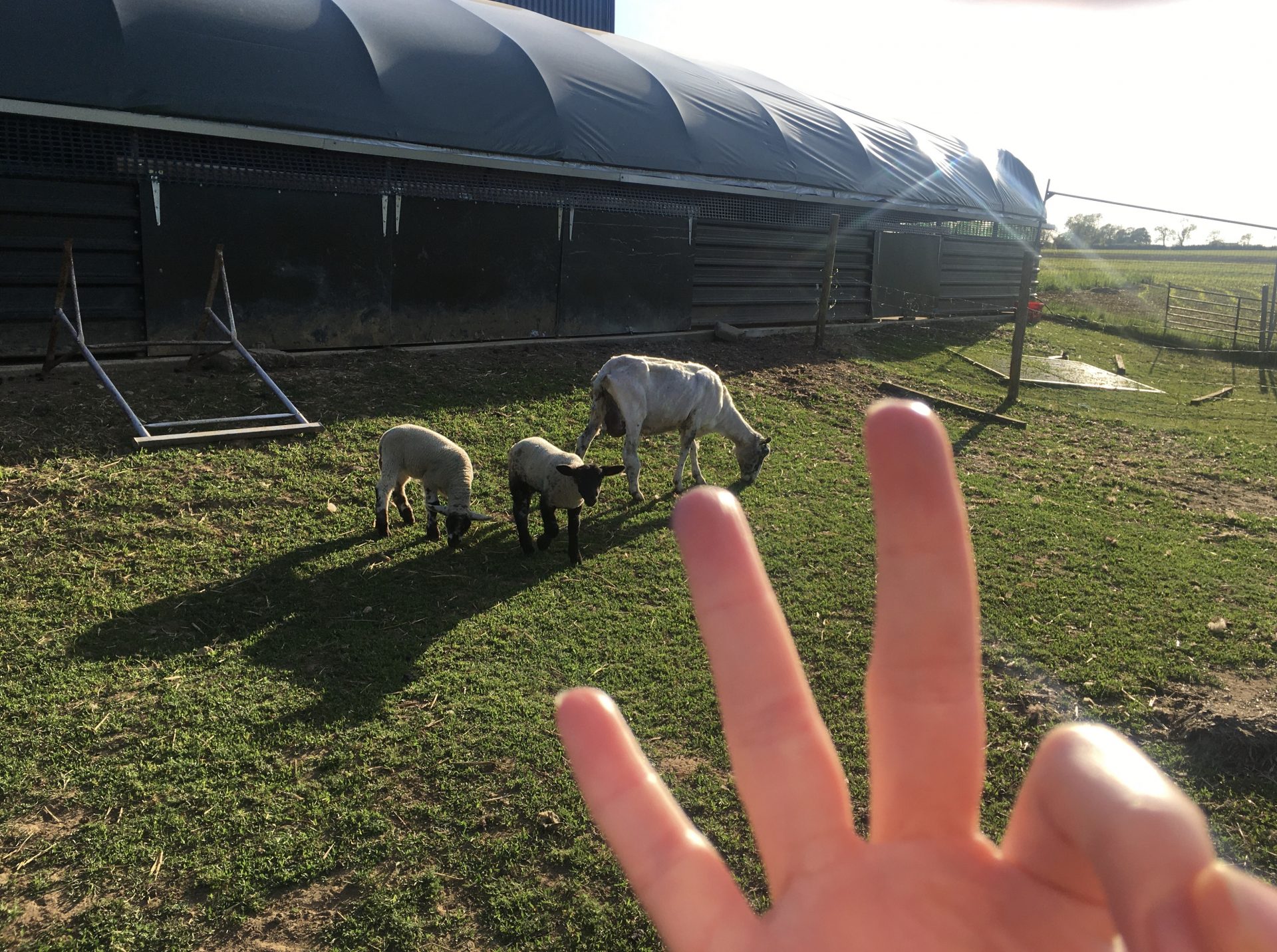
Putting on some imaginary “mathematical glasses”, and looking hard together at everyday life through them, can lead to many interesting questions and some thought-provoking mathematical conversations.
4. Nurturing creativity is key!
Fundamentally, maths is a creative subject – yes, I know you’ll find that hard to believe but it is humans who have unlocked its power! A few children, who may go on to become research or professional mathematicians, will have a particular curiosity that leads them to ask and explore their own questions and problems.
But all children are born with a curiosity to make sense of the world around them and this will thrive if they are actively encouraged. So, with your mathematical glasses on, encourage those questions and, if you are unsure of the answers, crowdsource them – the Maths on Toast Twitter feed is a great place to pose the questions!
5. If you struggled with maths at school it is (probably) not your fault!
Somewhere along the way, our predecessors decided that it would be good for all humans to learn maths in schools (I do agree!). However, we have to remember that some of the topics in our school maths curriculum were only uncovered a few hundred years ago by the best mathematicians in the world. So, don’t be surprised if you struggled with graphs and coordinates – Rene Descartes only came up with this idea in the 17th Century!
In addition, maths classrooms can sometimes be hostile spaces in which to admit you don’t fully understand an idea, need another explanation or have a question of your own. It is human nature to stay quiet and blame oneself in these circumstances and so many, many adults carry the guilt of failure in school maths.
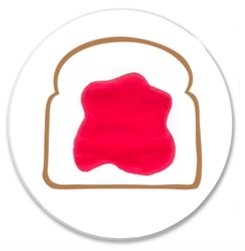
Have a look at our Toast Model and think about how you feel about maths. Revisiting maths with a child – and seeing it through their eyes – can be the perfect cure!
Alison Clark-Wilson is Principal Research Fellow, UCL Institute of Education, UCL and a trustee of Maths on Toast, the family maths charity.

